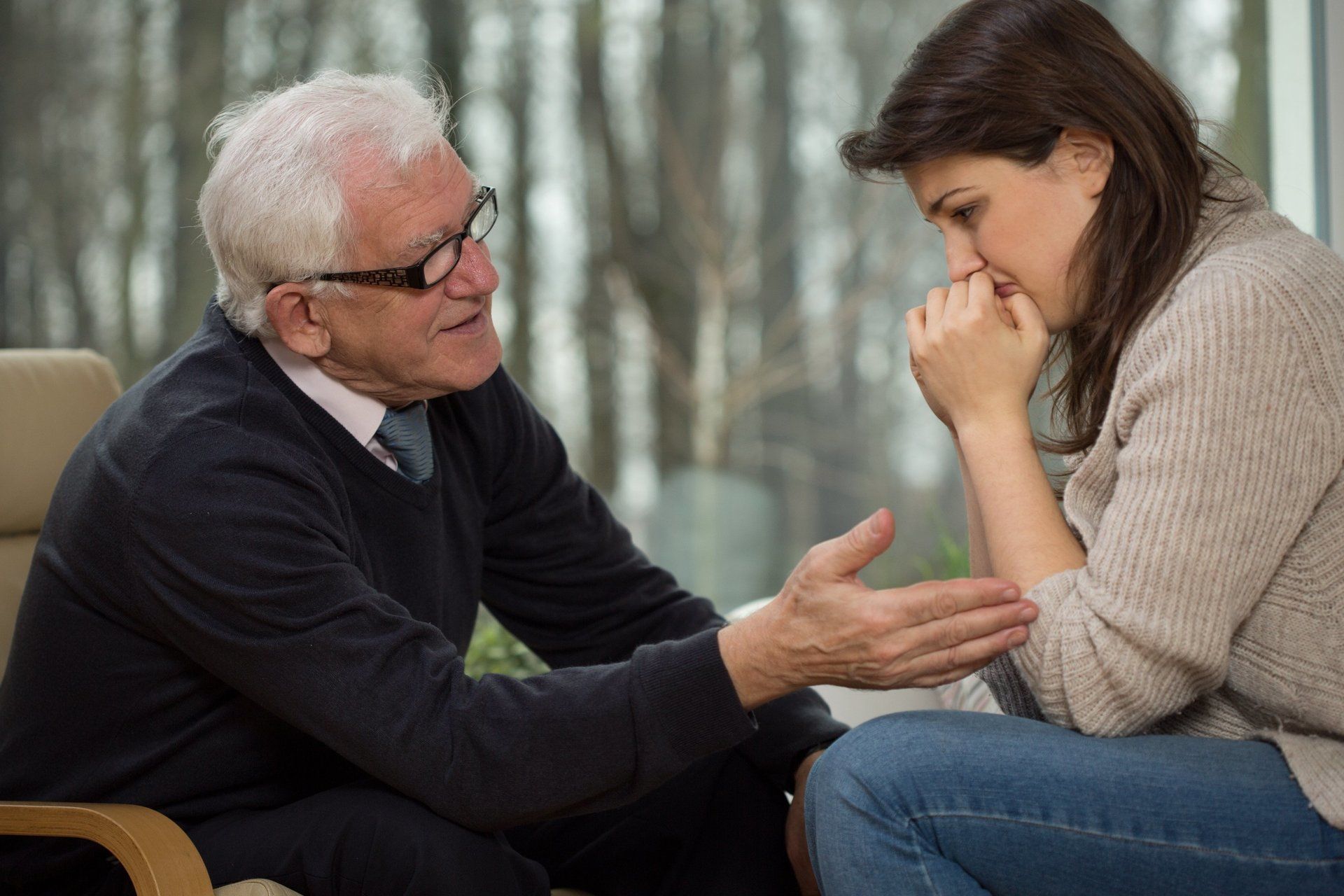Sticks & Stones
But do names never really hurt you?

IF I was covered in cuts and bruises, the result of physical abuse, then the world could see the damage inflicted on me. But using words as a weapon of psychological abuse shows no physical signs of hurt, yet can prove to be so much more devastating. Think back to a time when you were a child in the playground and the school bully hit or kicked you. Yes, it hurt at the time and it might have left a bruise, but the pain subsided and the bruise faded. Even broken bones heal.
Please do not think for one moment that I am suggesting that physical abuse is ok because i am NOT! All abuse whether it is physical, sexual, emotional or financial is wrong. Nobody should ever use their power or influence to hurt or control another. The point I am trying to make is that it leaves evidence for people to see. Witnesses seem to pay more attention to physical injuries whereas there is a kind of thinking that emotional abuse is ok because it is just words. How damaging can words be? There is the implication that the victim should just ignore or forget the callous words of the perpetrator. But, if you think back to your schooldays, how many of you can recall instantly the catty comments or teasing you were subjected to? I often see clients who have made major life-changes based on throwaway remarks by another.
Emotional abuse is often deemed to be the less severe form of abuse, but it is the hardest to treat. How do you begin to treat someone when you cannot see where the damage, the wounds to their self-esteem or psyche begin? Perpetrators of sexual and physical abuse have to stop at some point as they can't possibly begin to abuse 24/7 hours a day. However, with emotional abusers they can inflict their damage continually. They may present one way to the outside world and then behind close doors show a whole different side, as they take delight in denigrating and destroying their chosen victim. The victim is made to believe that it is their fault, their defectiveness which invites the snide, negative comments.
The perpetrator may even convince them that it is the victim's fault that makes them behave in that cruel way. It is never the victim's fault. Nobody deserves to have their character assassinated. What concerns me is the way victims of emotional abuse are treated. Emotional abuse is a form of domestic violence. In severe forms it can manifest as coercive control which is now considered a crime.
However, nobody would tell a victim of physical domestic violence to just get over it or forget it. Photographs of cuts and bruises can provide a wealth of evidence for legal proceedings. How can you prove that a nasty remark, said in 2003, was so wounding that it completely changed your behaviour, the way you dressed, how you viewed yourself, shattered what little belief you had in yourself? Yet such victims will be told to forget what was said to them. Not only do they have to live with the knowledge that their perpetrator will never face punishment or justice, but that they should just ignore what was said. If only it was that simple. At best, the victim will have to live with the fact that they have wasted so many years of their lives, but it is often impossible to resurrect the person they used to be. The perpetrator has cleverly planted seeds of doubt which like pesky perennial weeds will need constant attention to ensure they never take hold again. They risk growing to strangle the new, tender green shoots of recovery. Never underestimate the power of words and emotional abuse.
OK, you might not be able to assist the victim in attaining justice but do not tell them to just forget it. Validate what they have suffered and treat their invisible, emotional wounds just as seriously as you would cuts and bruises. Also, acknowledge that it will take so much longer to heal.
I ask you to offer victims of emotional abuse the same level of care as you would a victim of physical or sexual abuse. Feel as angry on their behalf as you would for a victim of physical or sexual abuse.







